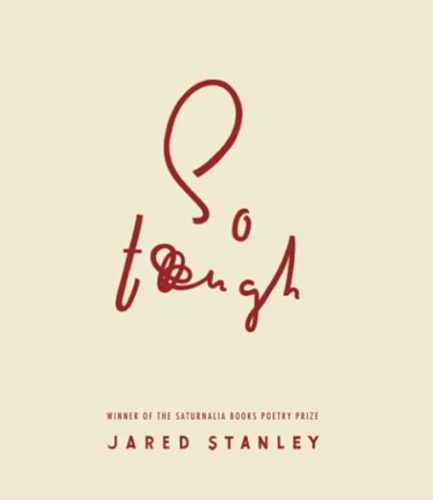A Bewilderness
I don’t like to drive through the western slope of the Sierra Nevada mountains during the day anymore. There are too many dead trees. It’s like a morgue or a mass grave, the ponderosas and Jeffrey pines are turning orange. I’d rather drive through at night – that way I can feel the trees surround the road and the car, smell them without having to look. They smell and feel dry, and so does the soil, even in springtime and after the snows.
I live with my family in Reno, on the other side of the Sierras from those forests, on the desert side, the eastern slope. That means we’re downwind from these trees, so besides the pained awe I feel looking at the masses of discolored needles on the tightly bunched trees, there’s also a premonition of the smoke. When the forests (it’s more precise to call them plantations) burn now, it’s a massive conflagration. We downwinders are trapped under a persistent, poisonous haze that sticks around for sometimes six weeks. Under the smoke, it’s hard to breathe, and one feels trapped – by the material, particulate fact of the smoke, yes, but also by an atmosphere of dense thoughtlessness, a failed image of the world that the smoke has come to represent.
Not so long ago, events like these would have been called disasters. Now they’re so common that they’re kind of banal, yet more horror and aversion to integrate into the experience of daily life. But I grew up under the influence of David Byrne and David Lynch, so I like to stare incredulously at banal stuff: as with anything, the longer you regard an object, the more warped and bizarre it seems (is?). A too-closeness, a distortion starts to blur the edges, like smoke.
My mind is an 80’s Bay Area mind: the environmentalism I grew up with was quite moralizing, without too much room for sprezzatura or the marvelous, the tones of joy which made me want to write poems in the first place. These were the days of the Redwood Wars, spikes in trees, car bombings. People forget. My grandpa, who lived in rural Oregon, had a rearview mirror ornament of a Spotted Owl hanging from a noose. One felt pelted by earnestness on one side, and a murderous desire for domination on the other, while all along, rural communities and forest plantations kept getting chewed up. Later, I struggled to find an approach in poetry that could hold this mess with a bit of levity, a set of combinations that approach a tone: a sense of wonder combined with an absurd despair and a certain confused delight, with a little frisson of snottiness so that one wouldn’t feel too constrained by the mushy overtones of words like ‘wonder’ or ‘despair’. Add to that just a little spice of prayerfulness and some ground-up anger. Wit sits uncomfortably beside prayerfulness I know, but there is a lot of information in the gap.
Or to put it another way: I like a poem that’s an elegant mess, whose form points to a kind of larger play of order and chaos, a poem that’s aware of the nature of vowel relationships and which scrupulously avoids scientism in favor of the anarchic interrelation of being, presence, imagination and the senses, against a backdrop of transformation in a world that seems irredeemably hopeless but which is pretty contingent and outside of narrative time. An elegant mess to replace hope, yes: a looseness allied to the real. A very new and very old feeling.
Why is a poem a good dwelling for such ‘new and also very old’ feelings? I like Mandelstam’s idea of the addressee: that the reader of a poem is unknown and unknowable to the writer, that “poetry as a whole is always directed toward a more or less distant, unknown addressee, whose existence the poet does not doubt”. In our culture’s hilarious and totalitarian obsession with taking the measure of a world all measured and measurable and which, by the circularity of its own abstracting logic only exists to be measured, the notion that a poet doesn’t know who the poet is writing for returns the drama of unknowability to the work, and, I believe, to the dry and orangey forests on the western slope. Because this phenomenon, the zombie forests, was predicted, and is not a surprise: does that make it more horrifying? Yes, I think it does. But that horror also points toward a bemusing absurdity that haunts the present, one which poetry can address because its motion wiggles outside the purview of the data dipshits and the corrective blip mongers: we knew these forests would die, and we didn’t care. And it hurts to know that, but who are we supposed to tell? In poems, we find out.




